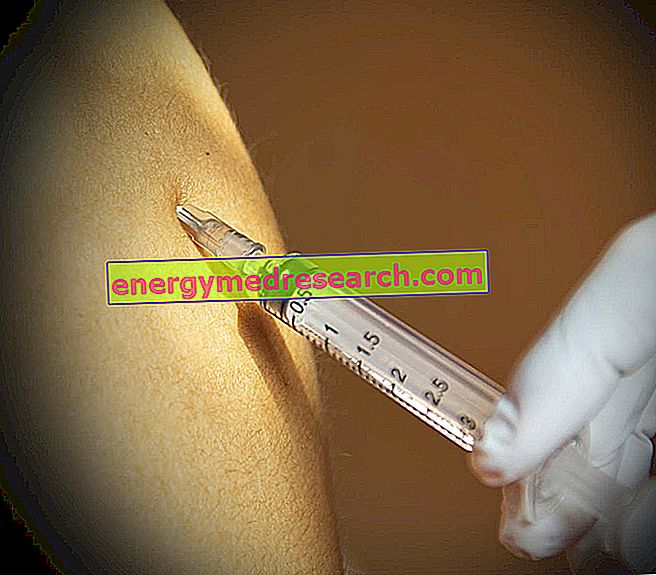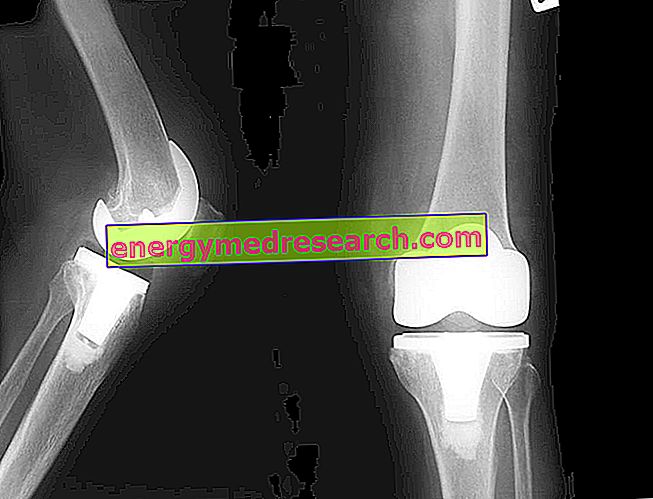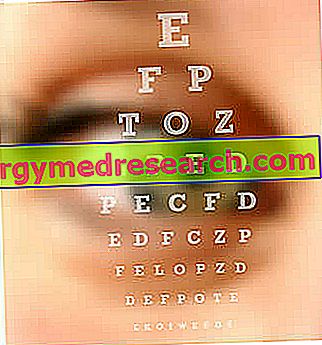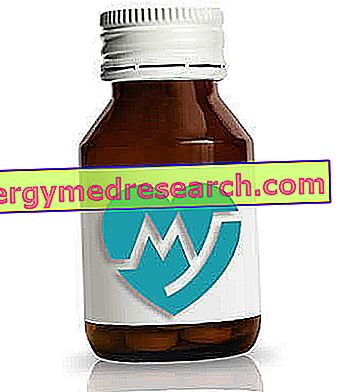
Yellow fever can be prevented by a vaccination that gives long-term immunity (over 10 years), effective in 90-95% of recipients.
The vaccine, currently approved by the World Health Organization, consists of the live and attenuated yellow fever virus 17D, grown on a chicken embryo. The vaccine is given as a single dose injection into the upper arm, to be renewed every 10 years. Protective antibodies appear 7-10 days after inoculation.
Vaccination, in addition to being mandatory for some destinations, is however recommended for travelers traveling to endemic areas of Africa and America. The yellow fever vaccine, on the other hand, is contraindicated in children before 4 months and in pregnant women; special caution is also recommended in people allergic to chicken or egg proteins, in immuno-compromised subjects due to illness or treatment, in children under 9 months and in elderly subjects.



